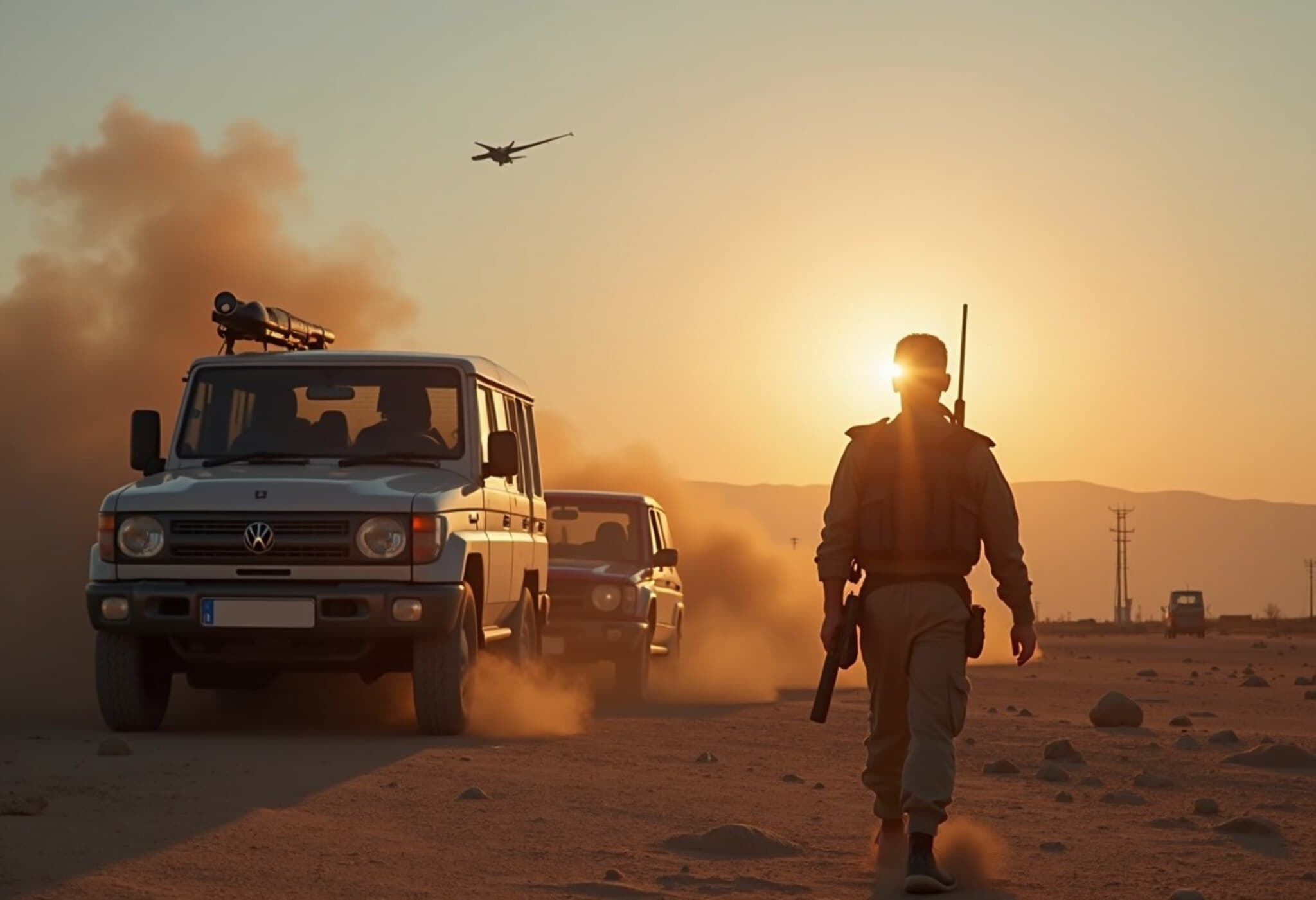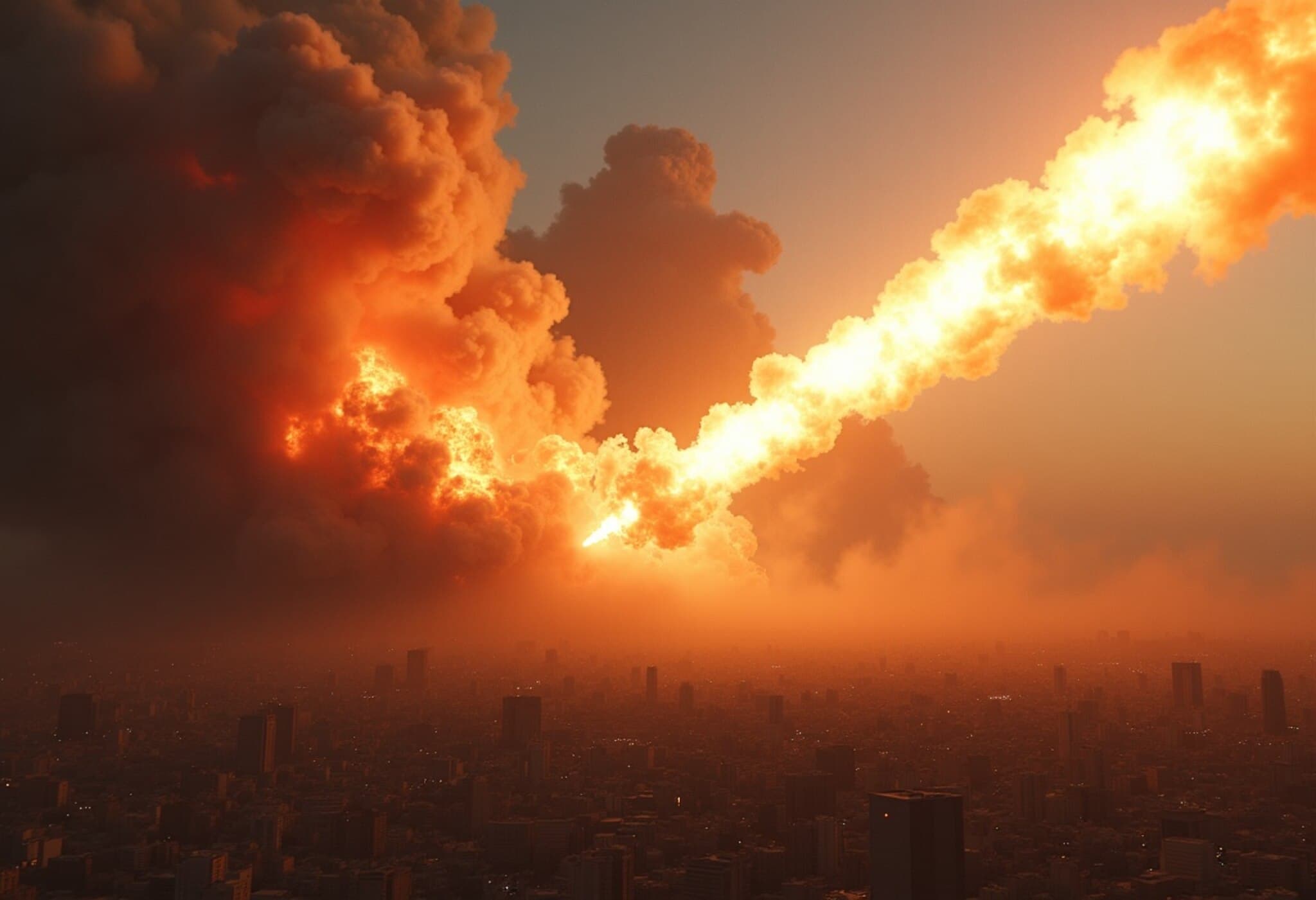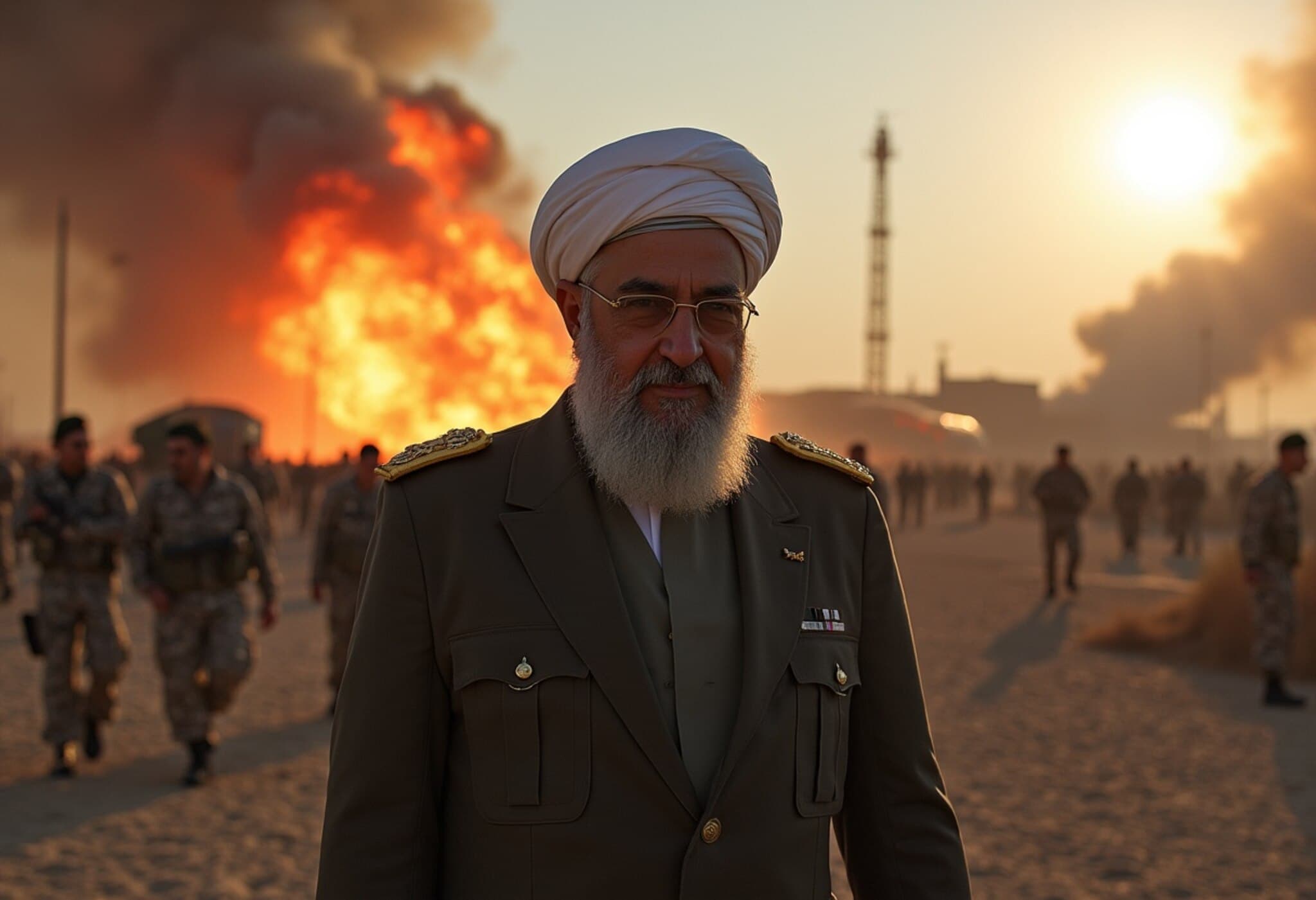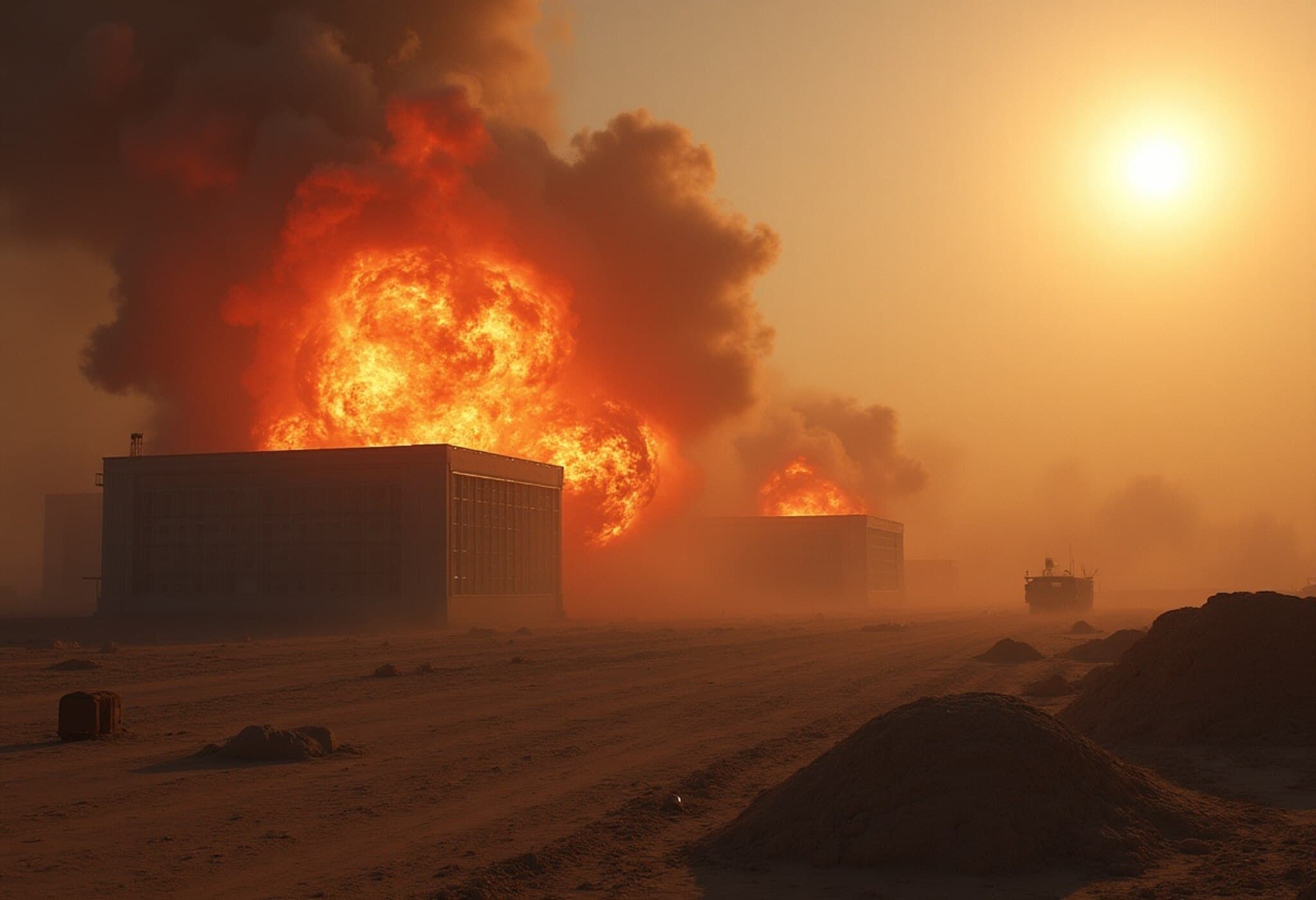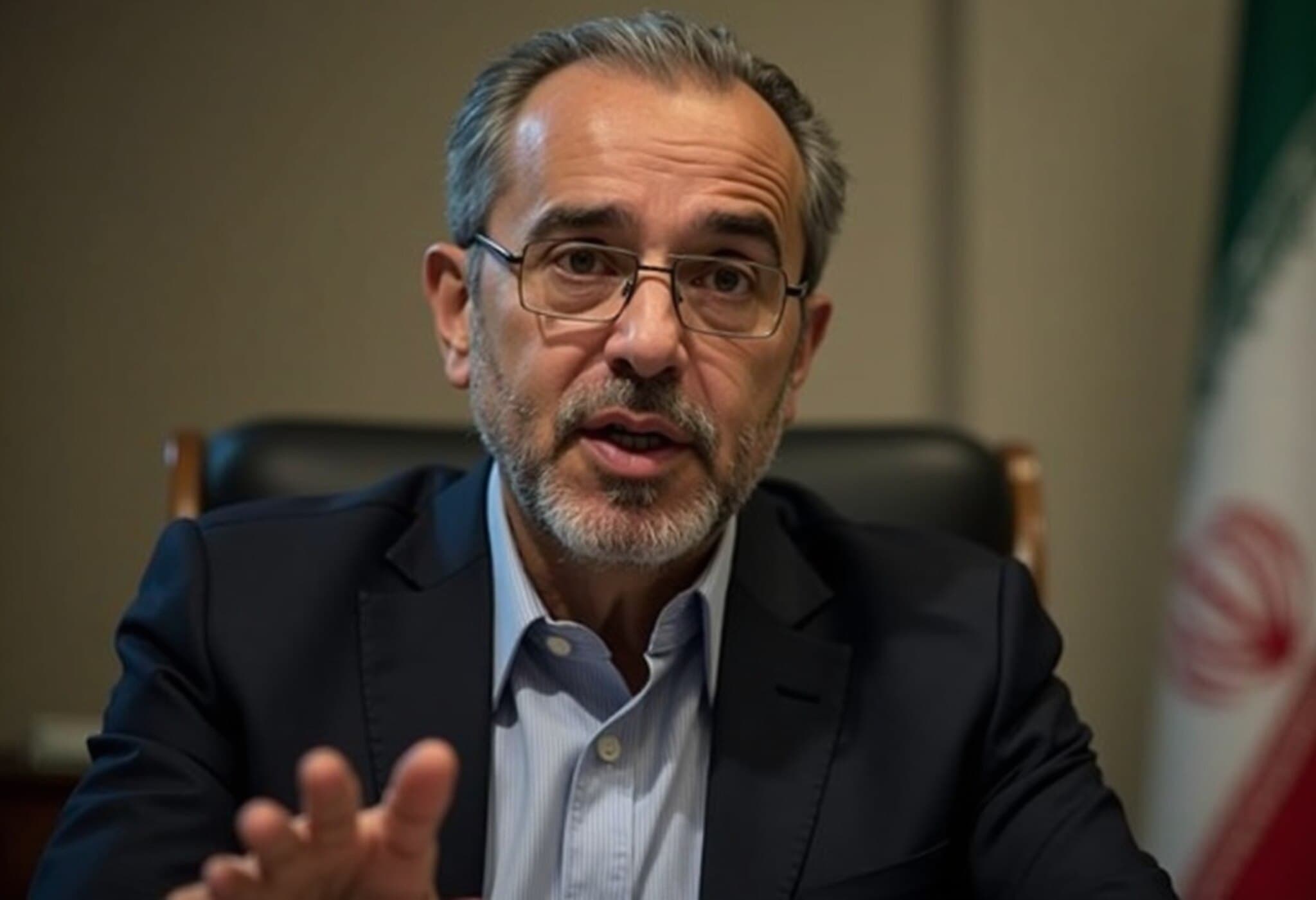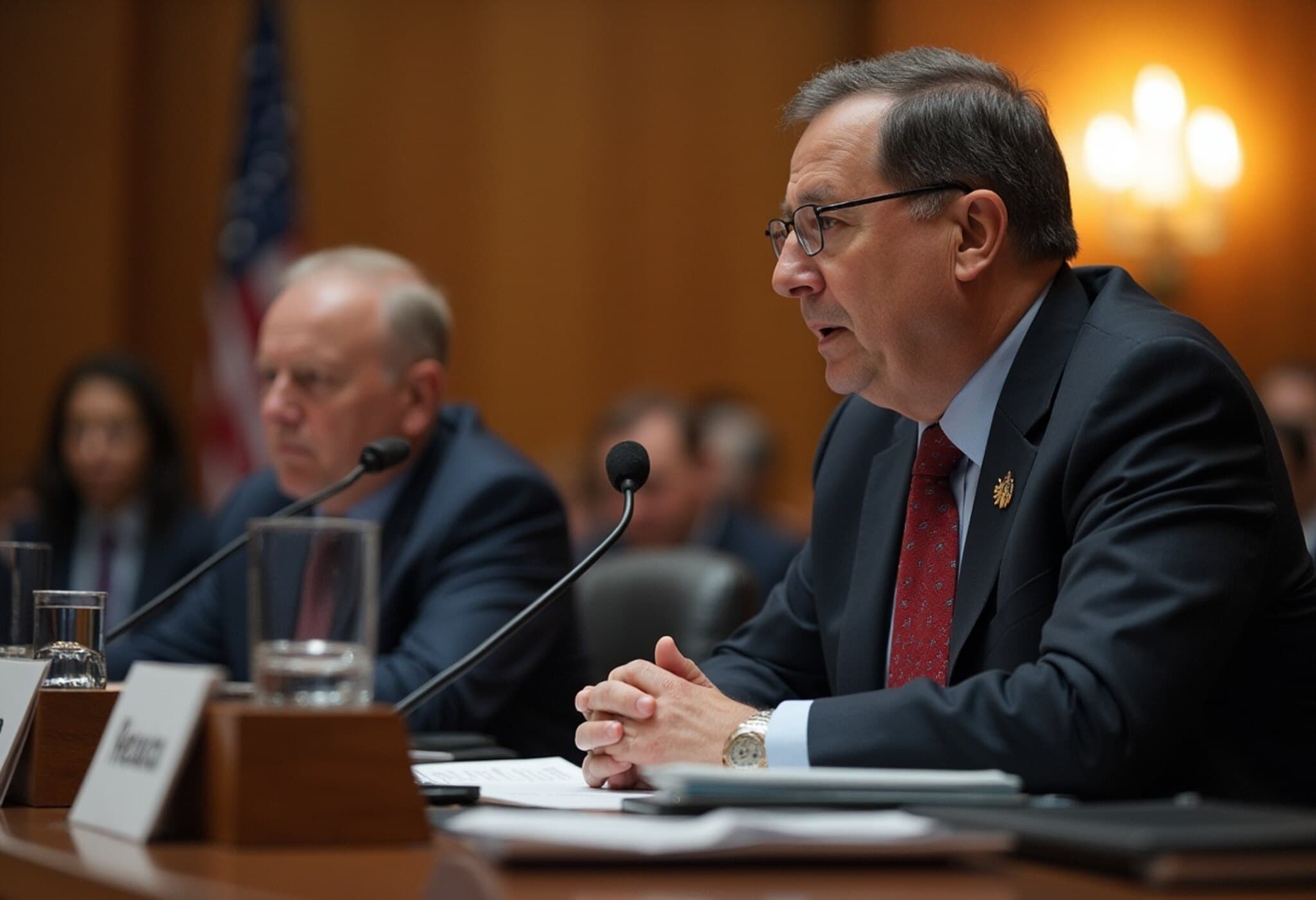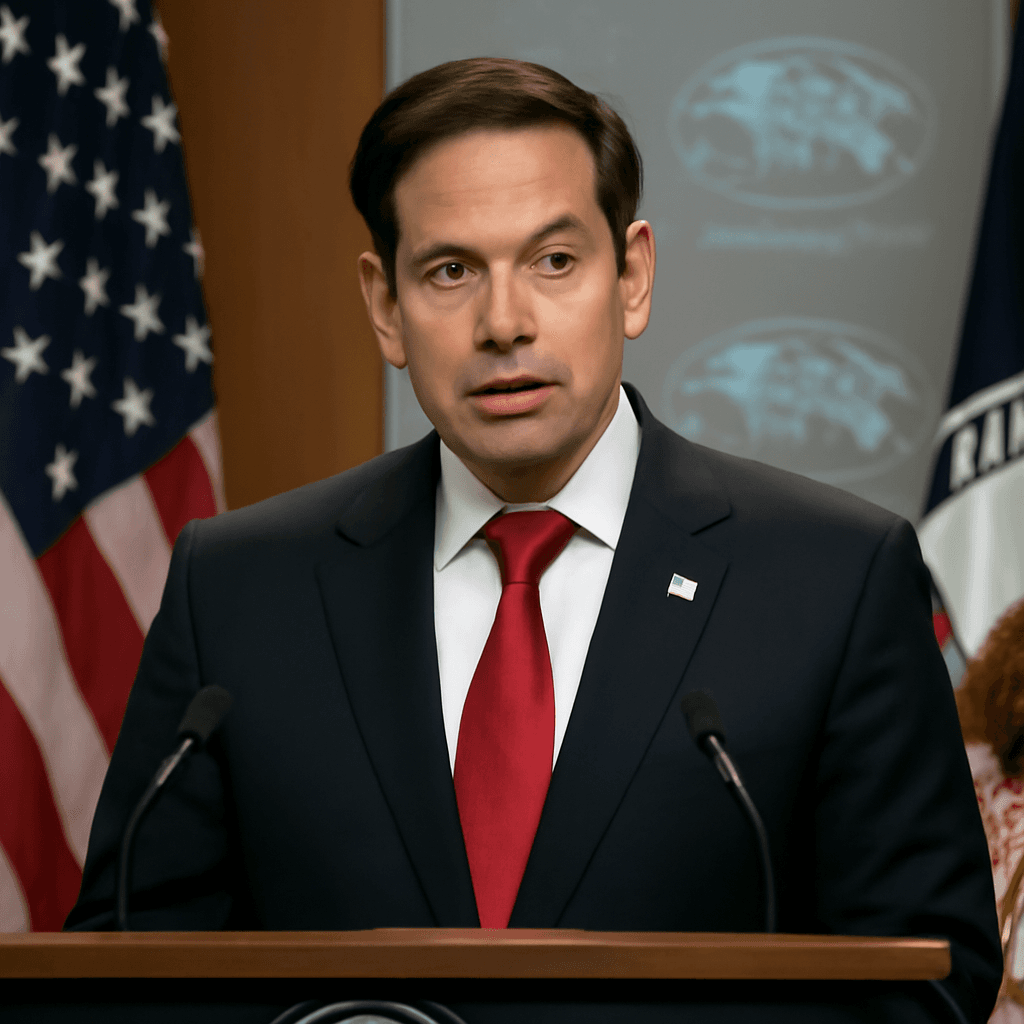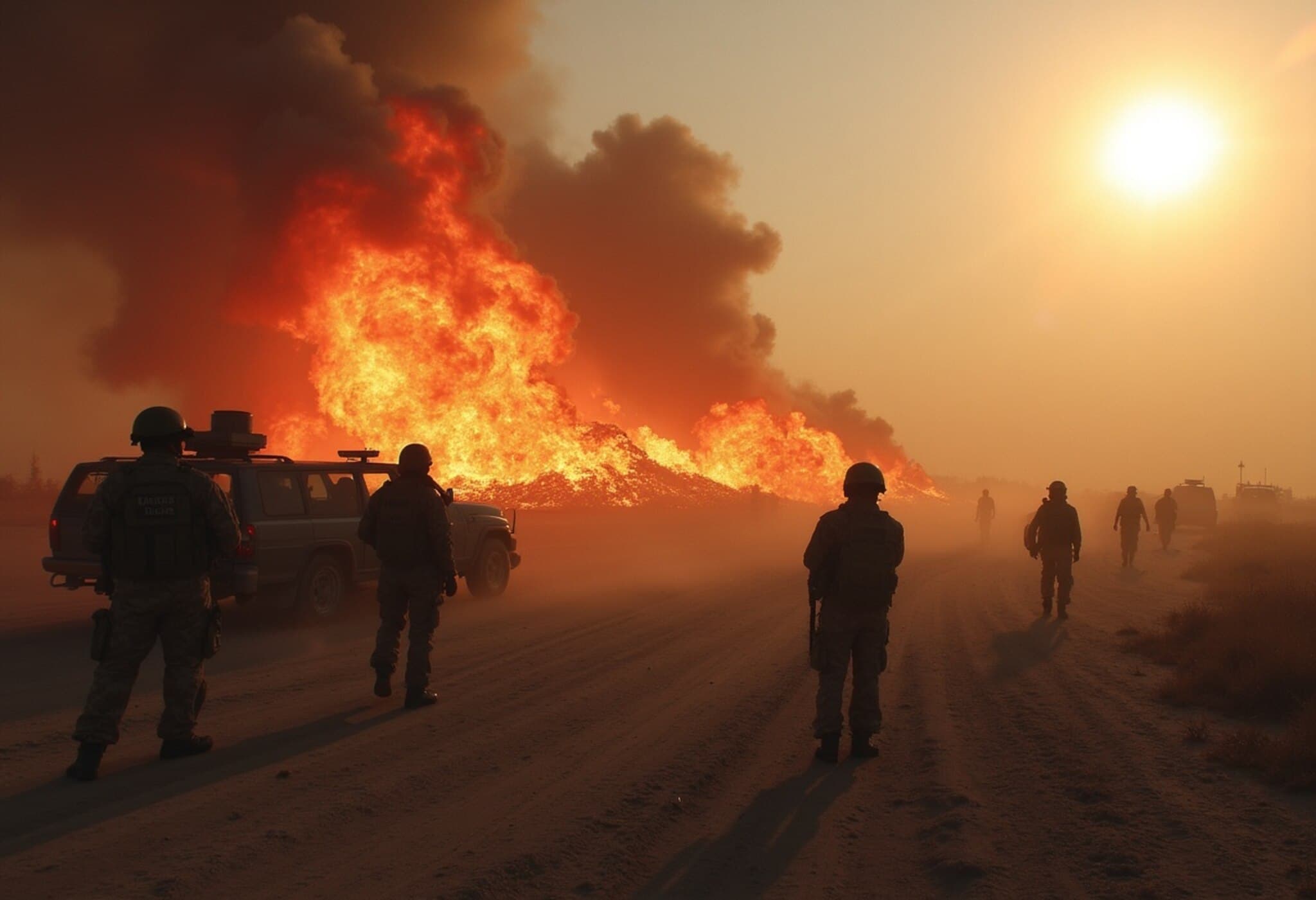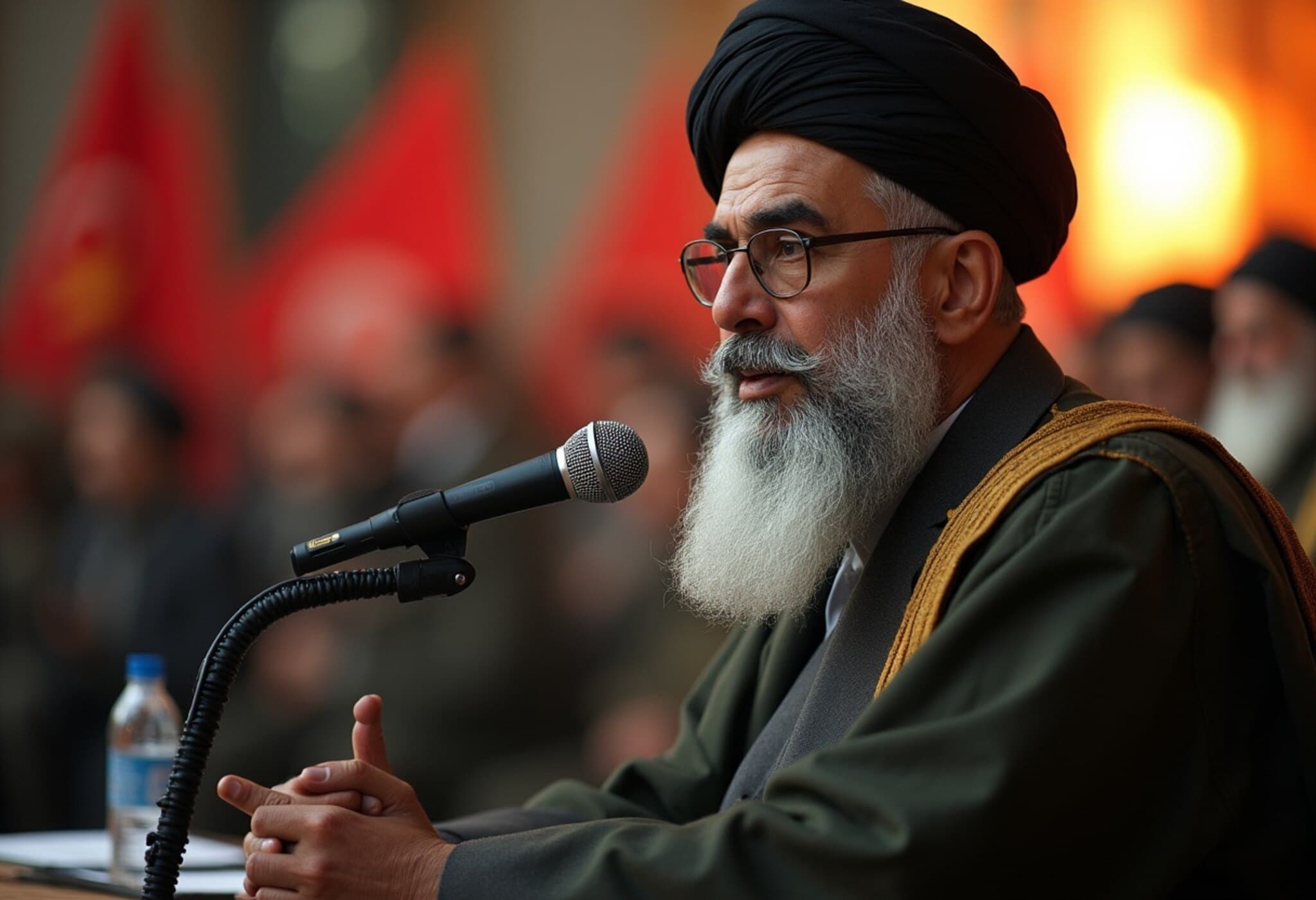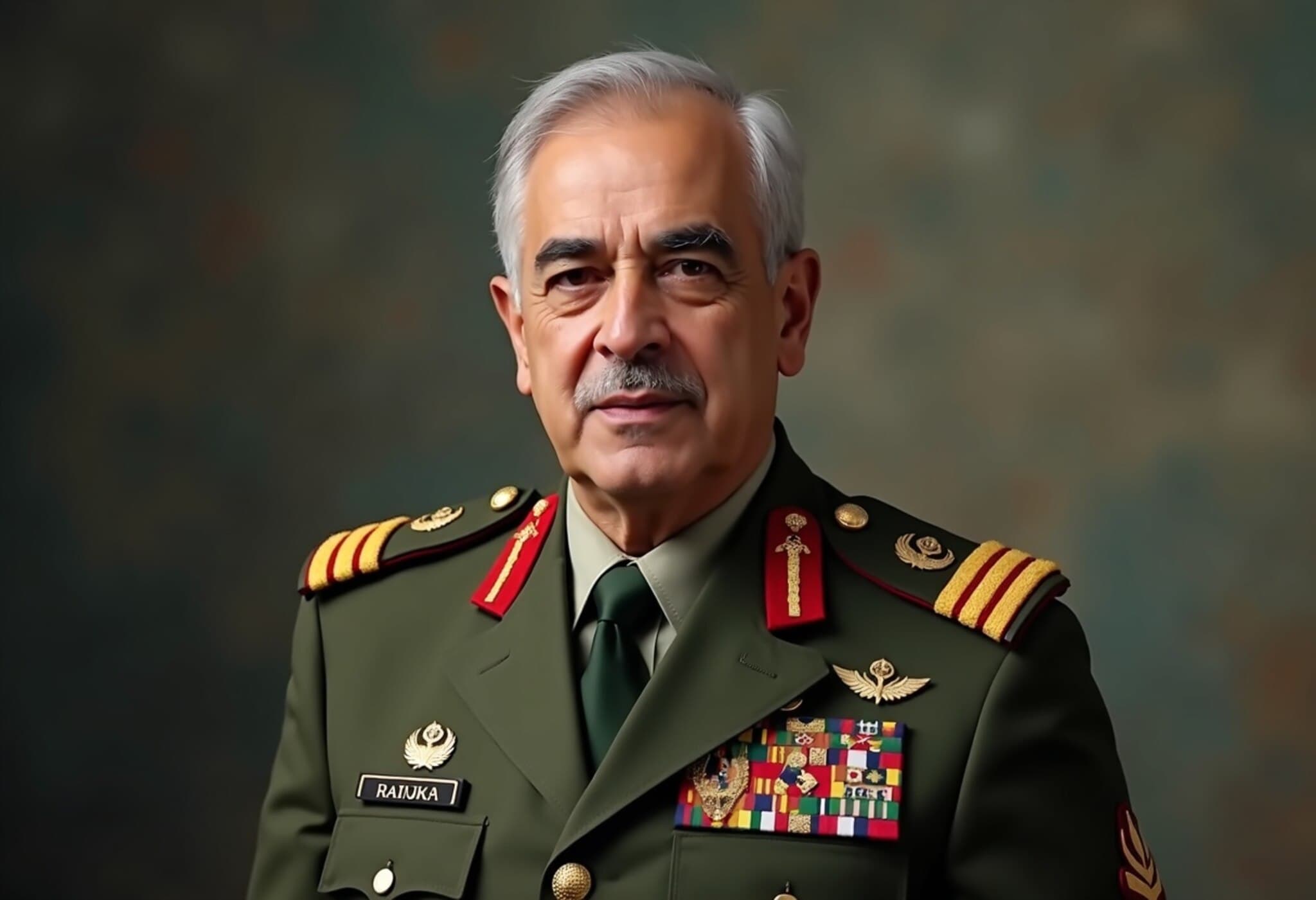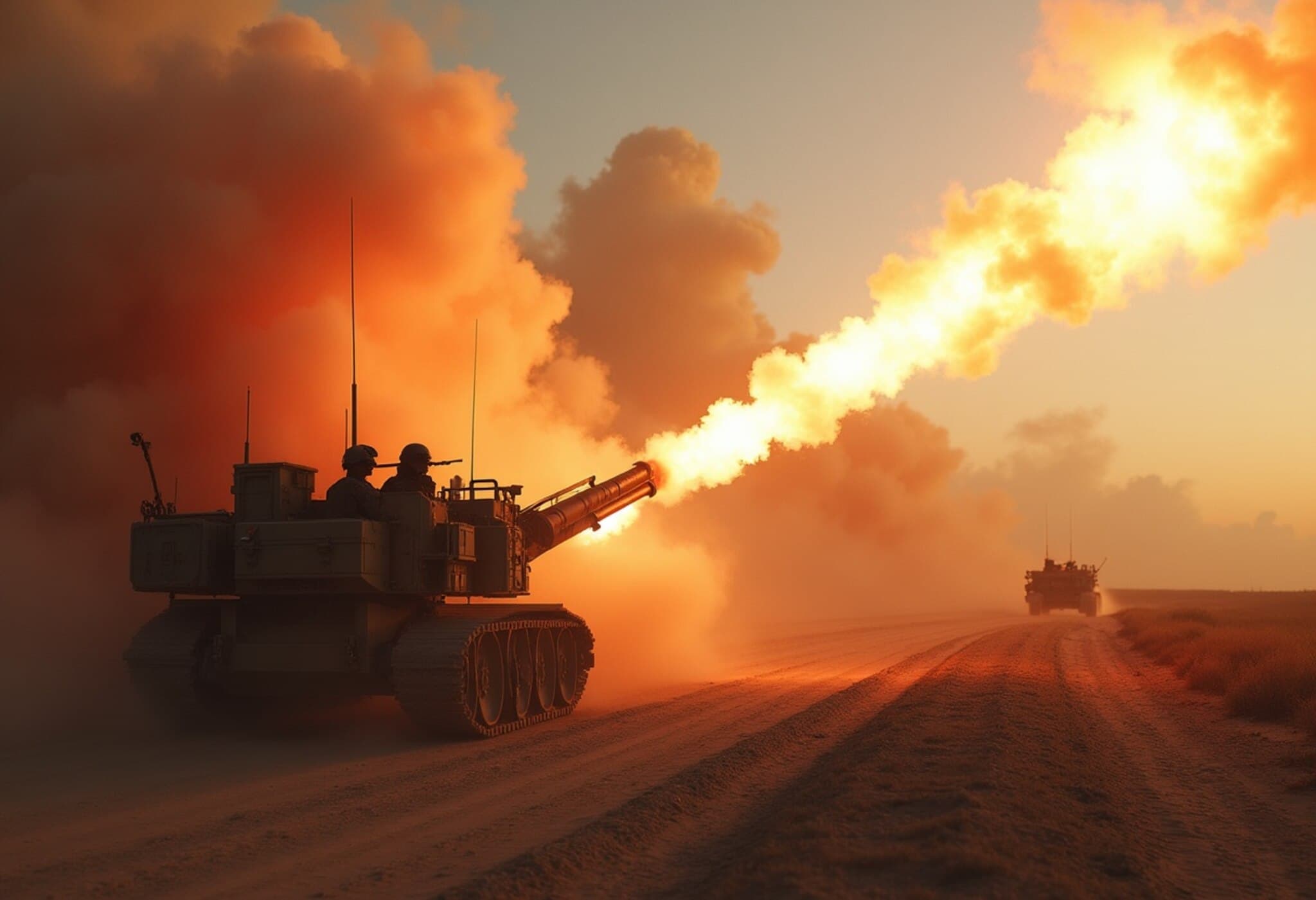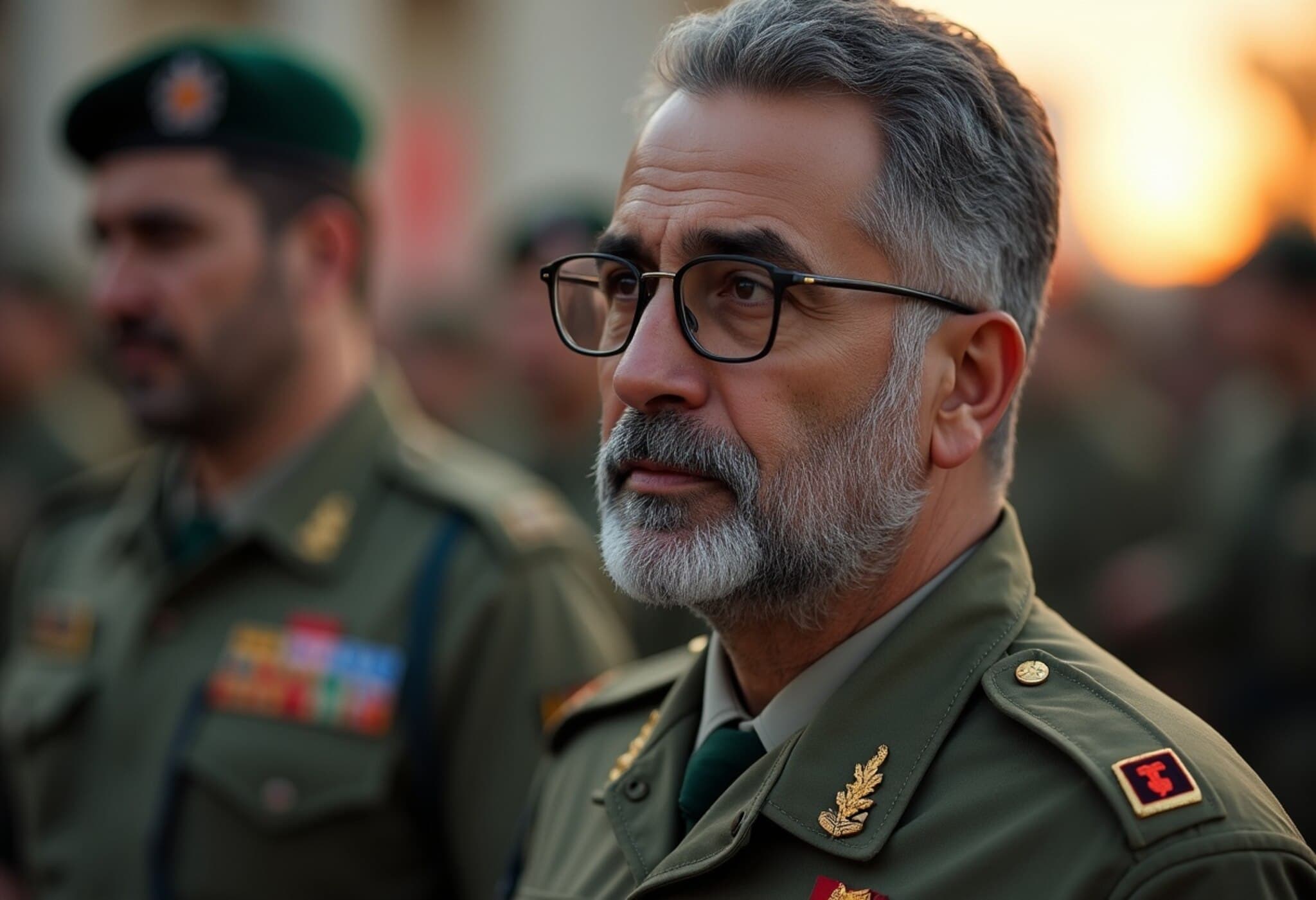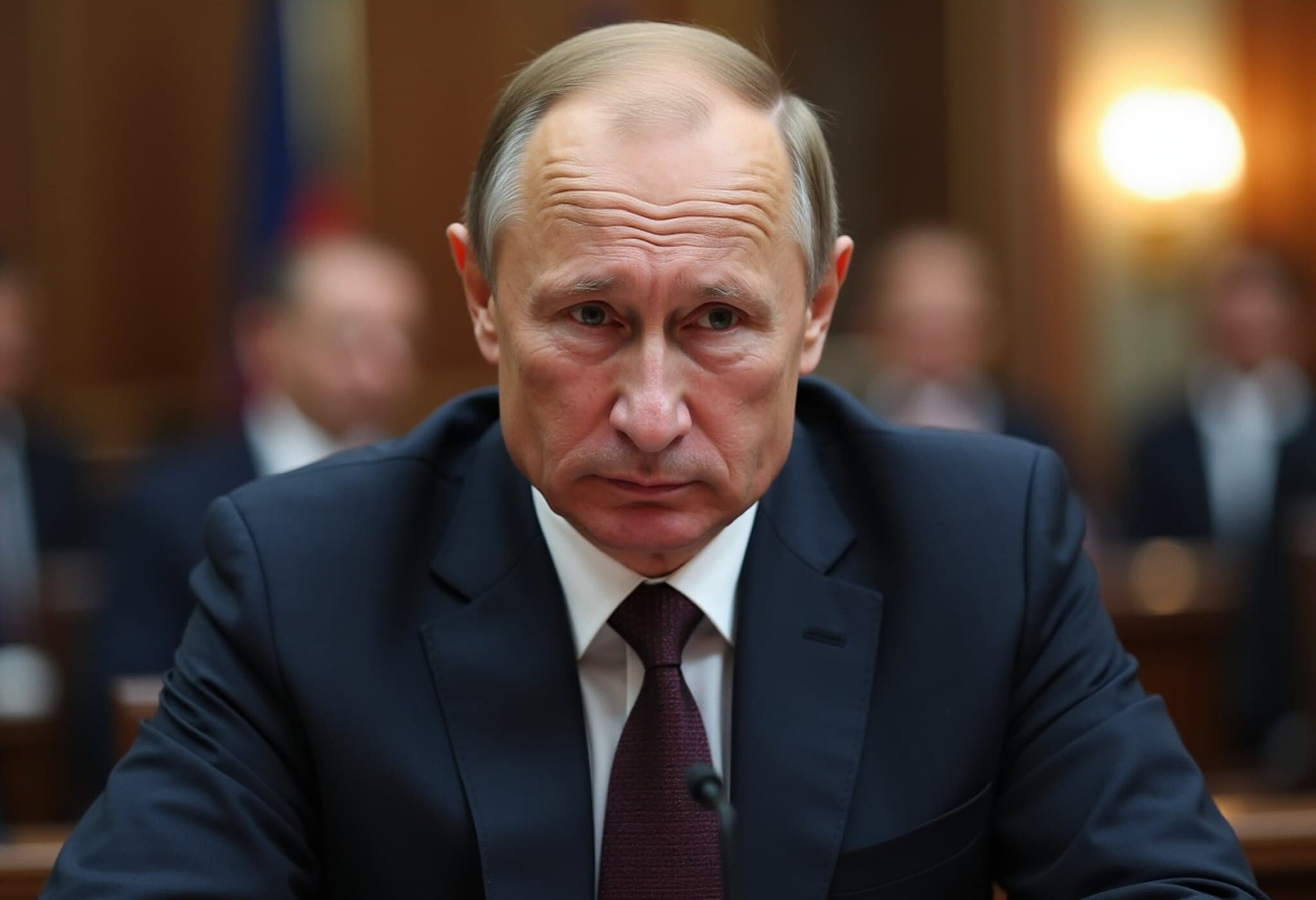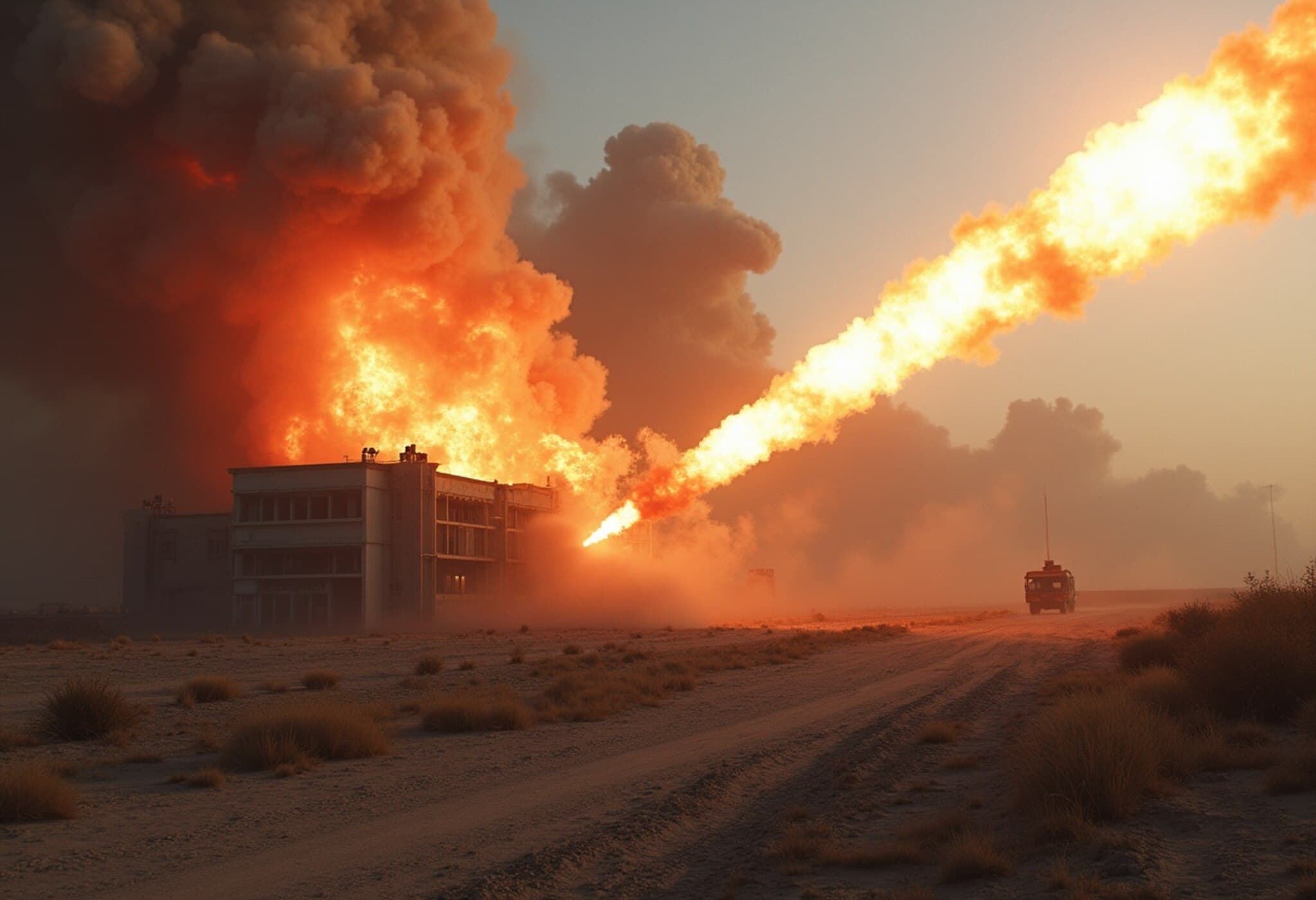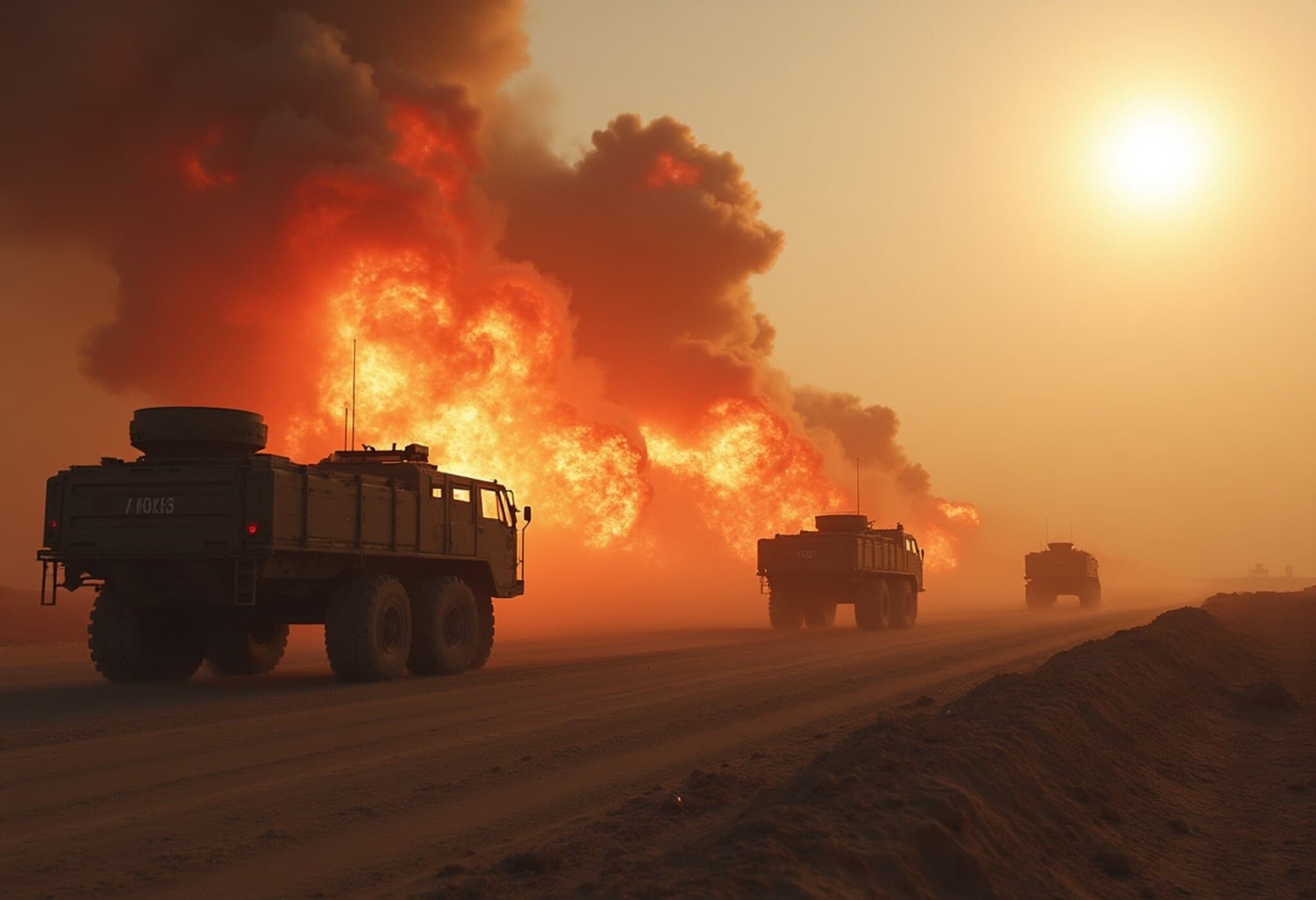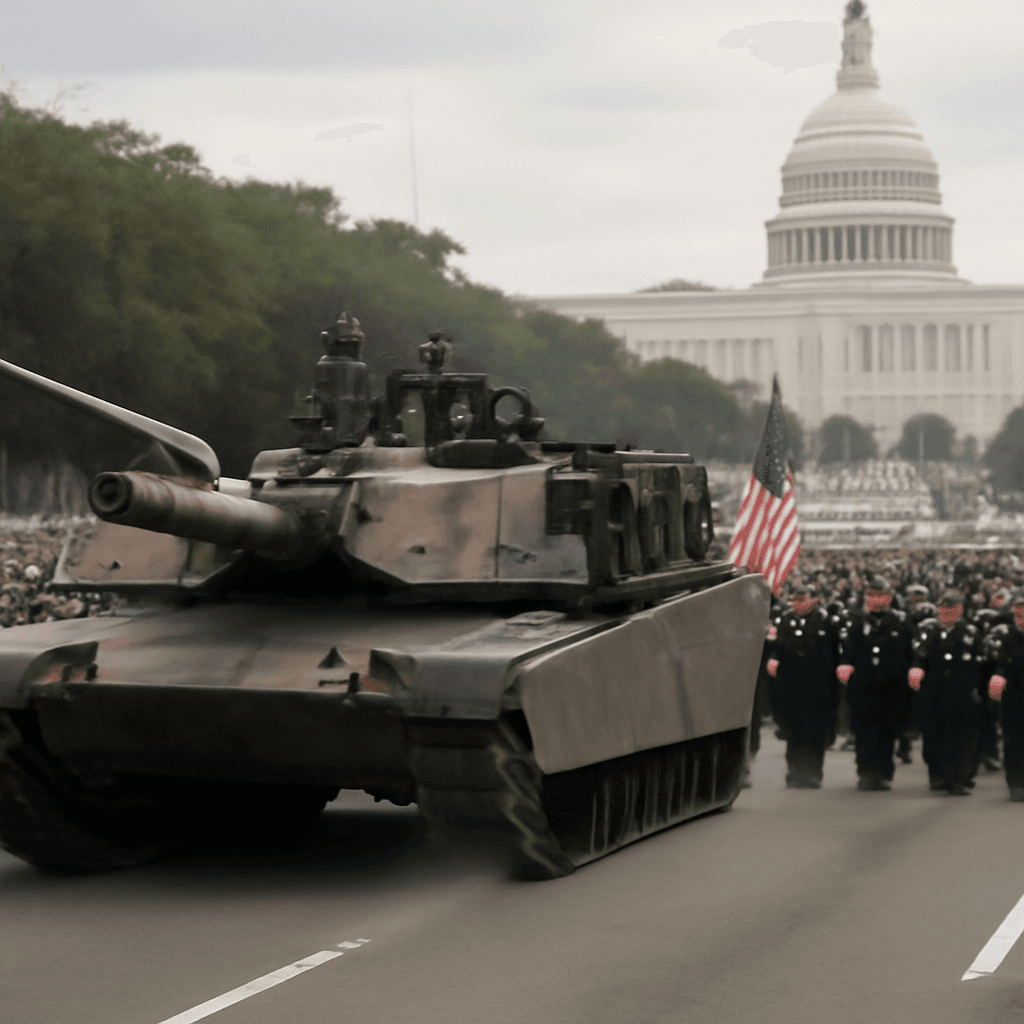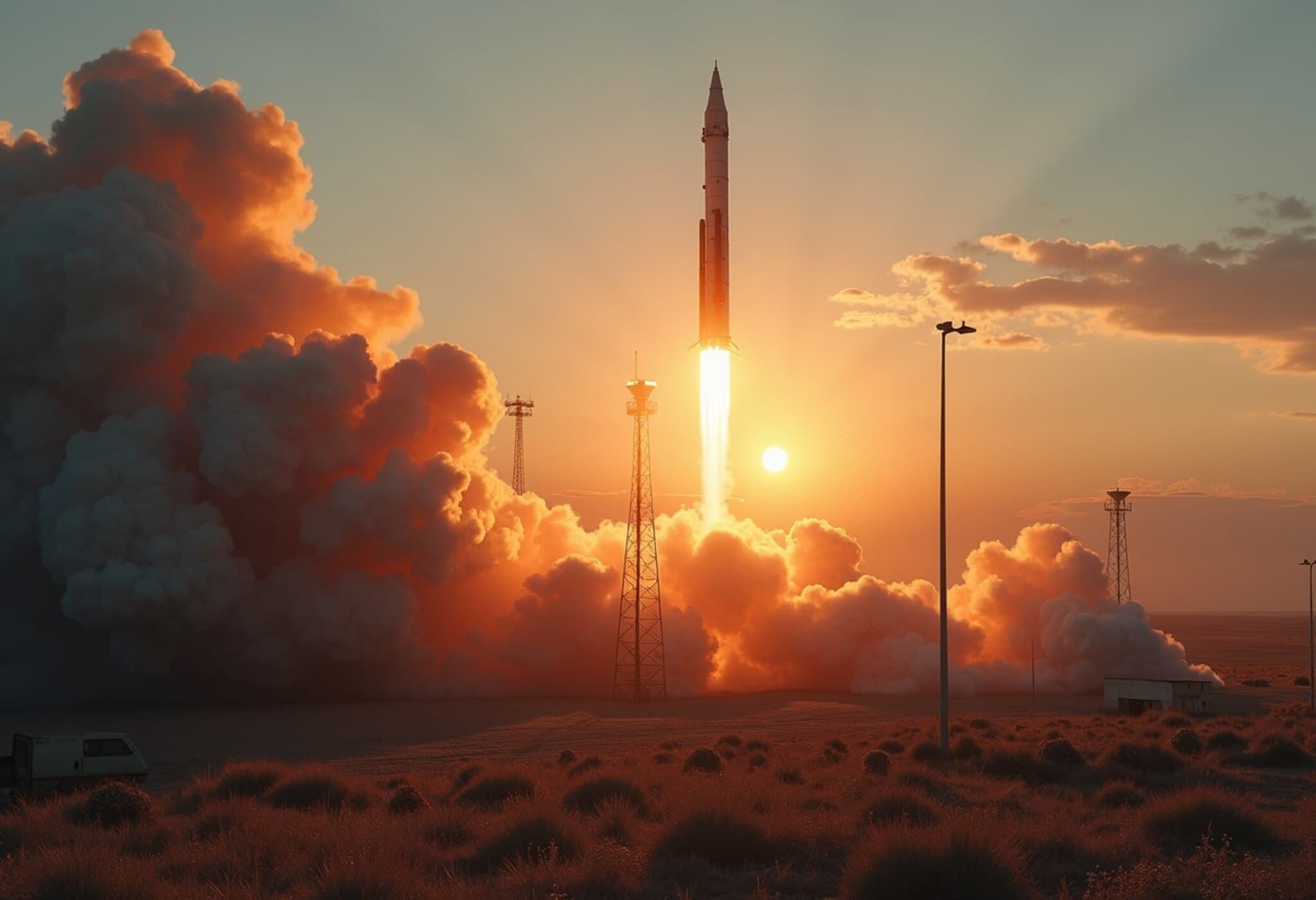Iran’s Regional Allies Stay Quiet Despite Escalating Israel-Iran Conflict
As missile exchanges between Israel and Iran mark one of the most direct confrontations in years, Iran's long-standing regional allies, including Hezbollah, Iraqi militias, and the Houthis, have largely refrained from engaging in this latest round of conflict.
Hezbollah’s Cautious Response
Hezbollah, headquartered in Lebanon and one of Iran’s oldest and most influential allies, reacted to missile strikes that hit Iranian targets with strong condemnation. The group’s deputy leader expressed deep sorrow over the deaths of Iranian commanders but stopped short of committing to any retaliatory action. Analysts suggest Hezbollah is holding back after enduring significant setbacks during a recent war with Israel in late 2023.
During that conflict, triggered by a Hamas attack, Israeli strikes severely weakened Hezbollah and disrupted vital supply lines through Syria. Today, experts note that the group’s focus has shifted more toward survival and Lebanon’s domestic affairs rather than opening a new front against Israel.
Iraqi Militias Issue Warnings Without Escalating
Several Iraqi Shiite militias aligned with Iran, such as Kataib Hezbollah, have historically targeted US and Israeli interests. However, in the current escalation, they have mostly limited their rhetoric to warnings. Kataib Hezbollah condemned Israel’s use of Iraqi airspace for attacks and urged the Iraqi government to expel foreign troops but refrained from threatening military engagement.
Observers highlight that many of these militias have integrated into Iraq’s state defense framework and currently enjoy a stable political and economic position. This status diminishes their incentive to reignite regional hostilities. Occasional earlier strikes on US bases during the Gaza conflict have since quieted, notably after Iran signaled a restraint in escalating tensions with the US.
Houthis Continue Limited Attacks
Among Iran’s allies, the Houthis in Yemen have maintained sporadic offensive actions, mainly targeting ships linked to Israel in the Red Sea. Their attacks are framed as solidarity with Palestinians and a response to Israeli military actions.
Despite their activity, the Houthis possess limited military capabilities and geographical reach, rendering their impact largely symbolic rather than strategically decisive in the broader Israel-Iran confrontation.
The 'Axis of Resistance': Fragmented and Focused on Self-Interest
The unified front once known as the 'Axis of Resistance,' comprising Iran and its allied groups, now appears more fragmented. While sharing political alignments and common adversaries, each faction faces distinct challenges and pursues its own objectives.
Defense analysts describe the alliance as a loose network rather than a cohesive axis, with member groups prioritizing survival and political interests over coordinated military action. Nevertheless, the possibility of renewed engagement remains, contingent on how tensions evolve in the coming weeks.

